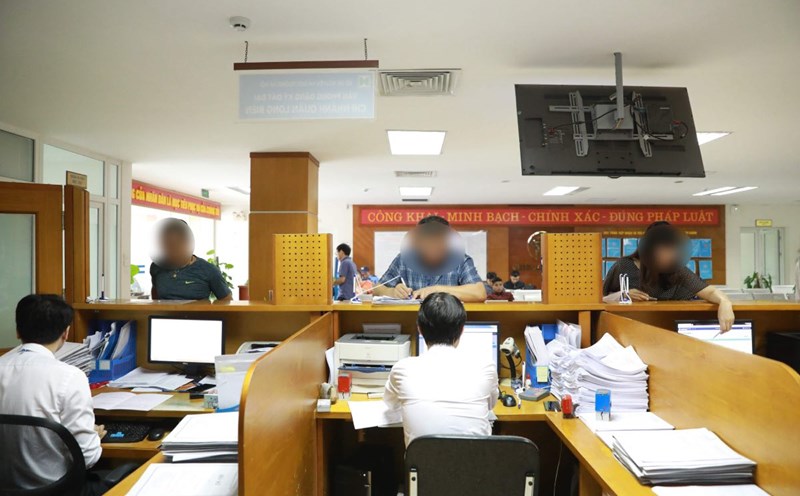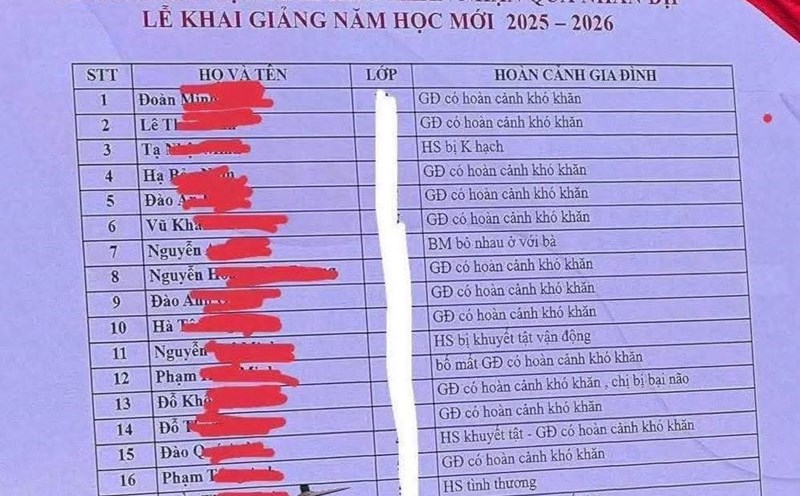In the draft Decree of the Government regulating the organization of public service units, the Ministry of Home Affairs proposes conditions for the dissolvement of public service units.
In which, there is a new condition, notably the public service unit has been operating ineffectively for three consecutive years according to the assessment of the competent authority according to the provisions of law.
Public service units are defined in Clause 1, Article 9 of the 2010 Law on Civil Servants - an organization established by a competent state agency, political organization, socio-political organization according to the provisions of law, with legal status, providing public services and serving state management.
There are two types of public service units. One is to be given complete autonomy in performing tasks, finance, organizational structure, and personnel. Second, they have not been given complete autonomy, meaning they operate mainly on a budget.
Public service units are widely present in all fields: health care has public hospitals, education has public schools, culture has theaters, libraries, cultural centers; agriculture has agricultural and forestry promotion systems; science has research institutes...
Because of their "remaining" nature, the ineffective operation of public service units not only causes waste of resources, but also contributes to the decline in the quality of public services, slows down, and affects the process of innovation and development.
Therefore, it is necessary for the Ministry of Home Affairs to propose the regulation on dissolving public service units if they have been "operating ineffectively for three consecutive years" in the draft Decree of the Government.
A local medical center that has not completed its medical examination and treatment tasks for many years, or a research institute without practical scientific works, a theater, a public cinema serving the public ineffectively, needs to be boldly dissolved early, in the style of cutting off the "ctomy" to save resources and the budget if it is an unomproved unit.
Of course, whether public service units operate effectively or not does not have a basis and criteria for clear and transparent assessment, and cannot be assessed by the subjective sentiment of "competent authorities" according to the provisions of law.
This proposal of the Ministry of Home Affairs needs to be supported and implemented soon in practice, because it is in line with the policy of streamlining the apparatus, improving the operational efficiency of the public sector, reducing the burden on the budget, and at the same time encouraging public service units to innovate themselves to survive and develop.
When ineffective public service units are screened and "cut off", the remaining units will inevitably have the opportunity to be invested in and create better services for the people.
This is also a way for the Vietnamese public service system to change towards streamlining and modernity, better serving the country's development.
It is time for public service units - public services to not be maintained in a formal manner, whether or not, but must truly serve and benefit the people.













